


In 1993 a card game made known as Magic: The Gathering began to make itself known. Unlike other collectibles such as baseball cards, MTG – as it would come to be called – introduced a whole new tenet of tabletop gaming: the ability to play with the cards you collect.
The card game, produced by Wizards of the Coast, lit the gaming world on fire. Magic exploded into becoming one of the most prosperous and unique communities to date. The game is debatably larger now than it has ever been before. Players are making names for themselves and enormous tournaments occur nearly every weekend across the globe.
An issue that could potentially shake the foundations of this great game has recently come about that has the entire community stirred up. While we wish we could say this excitement was caused only by the Born of the Gods set prerelease that happened over the weekend, that is sadly not the case. What we have got to talk about is the problem of counterfeits.
It has come to light that a Chinese company has been mass-producing counterfeits for sale in other countries and over the last week, they have hit American shores. You might be thinking, “Oh, counterfeits? Well, they won’t fool me.” While that would be true in most cases, it appears that this company has really upped the quality of product that may have seen the spotlight in yesteryear.
Take a look:

There is a lot of value on that table...

Can you tell the difference? If not, the one on the right is fake.
While we have provided a couple photos of these counterfeits for you, the entire gallery can be found here.
Of course, when you are told what to look for and comparisons are made side-by-side, it is a lot easier to discern which cards are fake. However, think about what this could mean as far as casual trading goes. If you are at your local game store trading with a stranger, who is to say that they are not carrying counterfeits? Players could end up trading a genuine Vendilion Clique with a value of nearly $50 for a fake worth nothing in reality.
One of the largest card-selling websites, Star City Games, has also been a victim of the counterfeiting issue. A website using the name Star City Shop popped up about a week ago, obviously trying to catch some traffic that might have been misdirected. While it is impossible to tell for sure, it appears that Star City Shop was selling these counterfeits. Their front page listed a myriad of old, valuable cards at prices that were slashed by well over sixty percent in nearly all cases. The website went “Down for Maintenance” a few short days ago, but claims it will be “available again shortly." The problem with websites like these is that you might get them to disappear for a while, but they can always reappear under a different name.
I consider myself a more than casual player. I don’t attend tournaments of large scale, but I do make it a point to reach my local shop most every weekend for a few hours. As I have a lot of time and money into Magic, these counterfeits struck a pretty deep chord within me, so I decided to reach out. I talked to Travis Woo, a professional player whose accolades are second-to-none within the MTG community, about these fakes.
As a brief history lesson, Woo popularized both the Living End and Through the Breach archetypes at pro-level play. These were both decks that had only experienced relative success until the esteemed player took some time to pore over them and fix their flaws. He piloted the Living End deck, which focuses on reanimating lots of nasty creatures from your in-game graveyard, to the Top 8 of Grand Prix Oakland in 2010. In more recent days, Woo streams through his Twitch account most weeknights, showing off his latest deck creations and offering advice to players. He will be making a return to competition at Pro Tour Valencia, which will take place later this month on February 21-23.
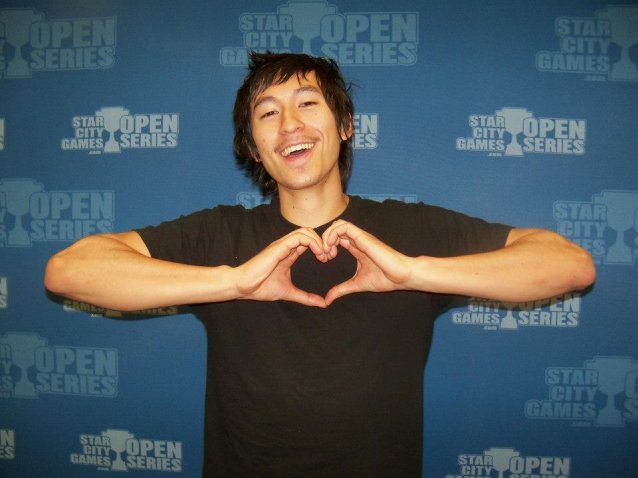
“Vedlaken Shackles!”
As I have only been playing Magic since the end of 2012, which hailed the oncoming of the Return to Ravnica block, I asked Travis if counterfeits had been a problem before.
“Counterfeits have been around, but no one has been this concerned before,” Woo said. “I've never heard of cards potentially becoming indistinguishable from Magic cards.”
Considering a player of Woo’s caliber had no recollection of fakes oozing this much quality, it stands to say that this particular batch represents a serious problem.
“This time, they are more mass-produced, quality is better and the access is easier,” he said. “It's a different situation this time and it's a little scarier.”
After Woo told me about his experience with counterfeits, I asked what effect(s) he thought they might have on the game’s economy. Many look at the MTG marketplace as a veritable stock market, where small fortunes can be made. Card prices fluctuate and change as the environment shifts, which makes investing in cards risky at times.
“I really don't know, but the worst could potentially happen because people are spending money on cards that are not from Wizards and they are getting circulated in,” said Woo. “The Magic Online economy is tied to the real-world economy through redemption, and if that collapses, then Wizards has to change its business model.”
This “redemption” that Woo talks about refers to the program Wizards of the Coast has implemented, wherein players can trade in a complete set of online cards for their real-life counterparts. From here, it is easy to understand the implications counterfeits might have on the situation.
As a student and lover of the game, I have spent a good deal on single cards in MTG to flesh out new decks and build existing powerhouses. My story is the same as a huge number of players in the MTG community, so I asked Woo if he would advise players to offload or minimize their collections in the event a sort of “crash” occurs in the game’s economy.
“I wouldn't sell out,” Woo said. “If everyone sells out then the counterfeits don't even have to be a thing… just losing consumer confidence would be really bad.”
This statement adds another layer of mystery to the already thick fog. In essence, this means that MTG players will have to simply trust Wizards of the Coast. This is not to say that there is a reason not to trust the company – they have got a great track record! However, it does push the idea that we are powerless in the overarching storyline.
I then asked Woo if he thought counterfeits would become a problem at big tournaments such as Opens or Pro Tours. The number of cards that have to go through judges’ hands is immense.
“When deck checks happen judges will pull cards out of their sleeves and examine for counterfeits, so that's not really going to be a big issue,” he says, “These aren't going to be good tournament cards unless they are actually indistinguishable, because you might get random deck checked or you might make Top 8.”
Woo then swapped sides to play devil’s advocate, asking what would happen if someone were to play a counterfeit and not even know that they were committing what would normally be a disqualifying infraction.
“That's a little sticky situation though, because what if you have one counterfeit Tarmogoyf that you didn't even know about? Are you disqualified, or how does that work out?”
Remembering that Woo is surrounded by high-level card-slingers, I made sure to ask what the general response has been so far from these top competitors. The response I got was surprising, and may even spell dire straits for MTG.
“They're too busy talking about Hearthstone and Solforge.” Says Woo. “It seems like a lot of the top guys right now aren't even playing Magic Online.”
“I think that's even scarier than the counterfeiting - these other online games might be better.”
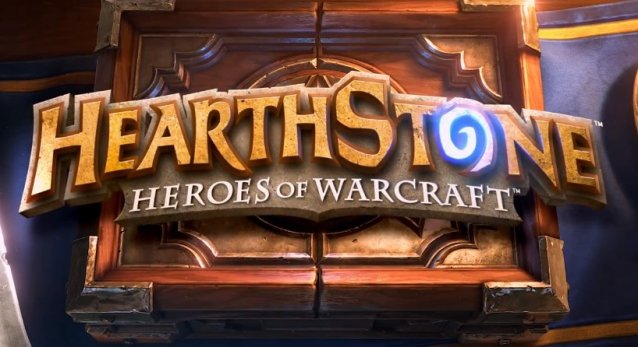
Lastly, I brought in the question of Wizards of the Coast and whether or not they have an obligation to address the problem.
“I don't think you can stop it,” said the player. “Wizards is doing what they can. They're changing, putting a holograph on their cards, so that's going to help, but it's not going to protect those old cards.”
Woo’s comments on the situation remind us that while counterfeiting may have been easily spotted at one time, things change. As technology to catch cheaters moves forward the same happens for those cheating. We asked Wizards of the Coast to answer some of our questions pertinent to the subject, but we were not able to set up an interview. However, the company did not leave us without comment:
“Wizards of the Coast has an extensive toolset to detect and stop counterfeit activity. When those cases pop up, as in this case, Wizards works towards a swift resolution.”
We just hope that the “swift resolution” Wizards has planned is a solid one that can stretch across all formats and cards. For those of us who cherish older sets which can’t be given a fancy new holographic stamp, these counterfeits could prove to be a much more serious problem than they are being given credit for. If anyone has got the smarts and the willpower to get the job done, it is Wizards of the Coast.
We at Gameranx would like to give shout outs to both Travis Woo and Wizards of the Coast for contributing to our article. Their participation made this possible.
A full video of Woo responding to our questions can be found here.
This interview with Travis Woo was conducted by Jacob Saylor on February 1st via e-mail. It may not be reposted in its entirety without permission.



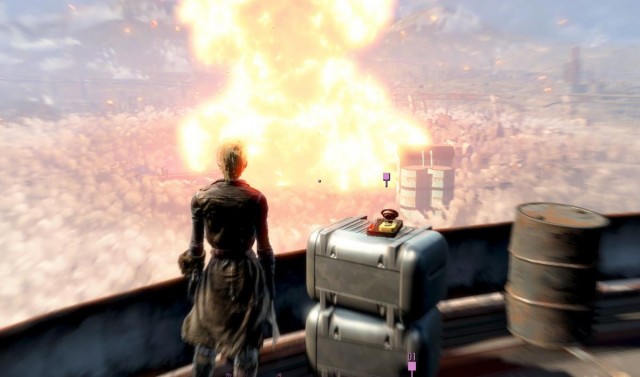
 The Dwarves Wiki – Everything you need to know about the game .
The Dwarves Wiki – Everything you need to know about the game . Platform Tectonics: The Evolution of Touch and Waggle
Platform Tectonics: The Evolution of Touch and Waggle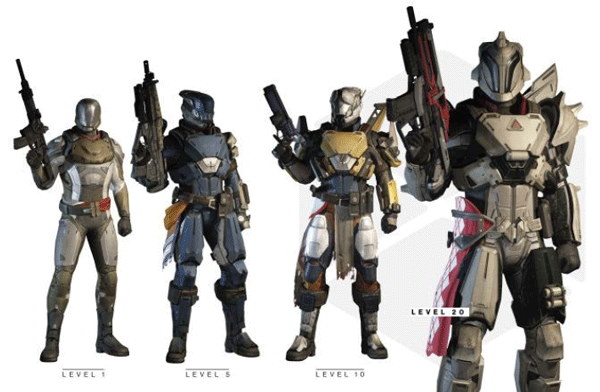 How to do the Most Effective Destiny Blue, Green Engrams farming and Legendary run from Crota, Moon
How to do the Most Effective Destiny Blue, Green Engrams farming and Legendary run from Crota, Moon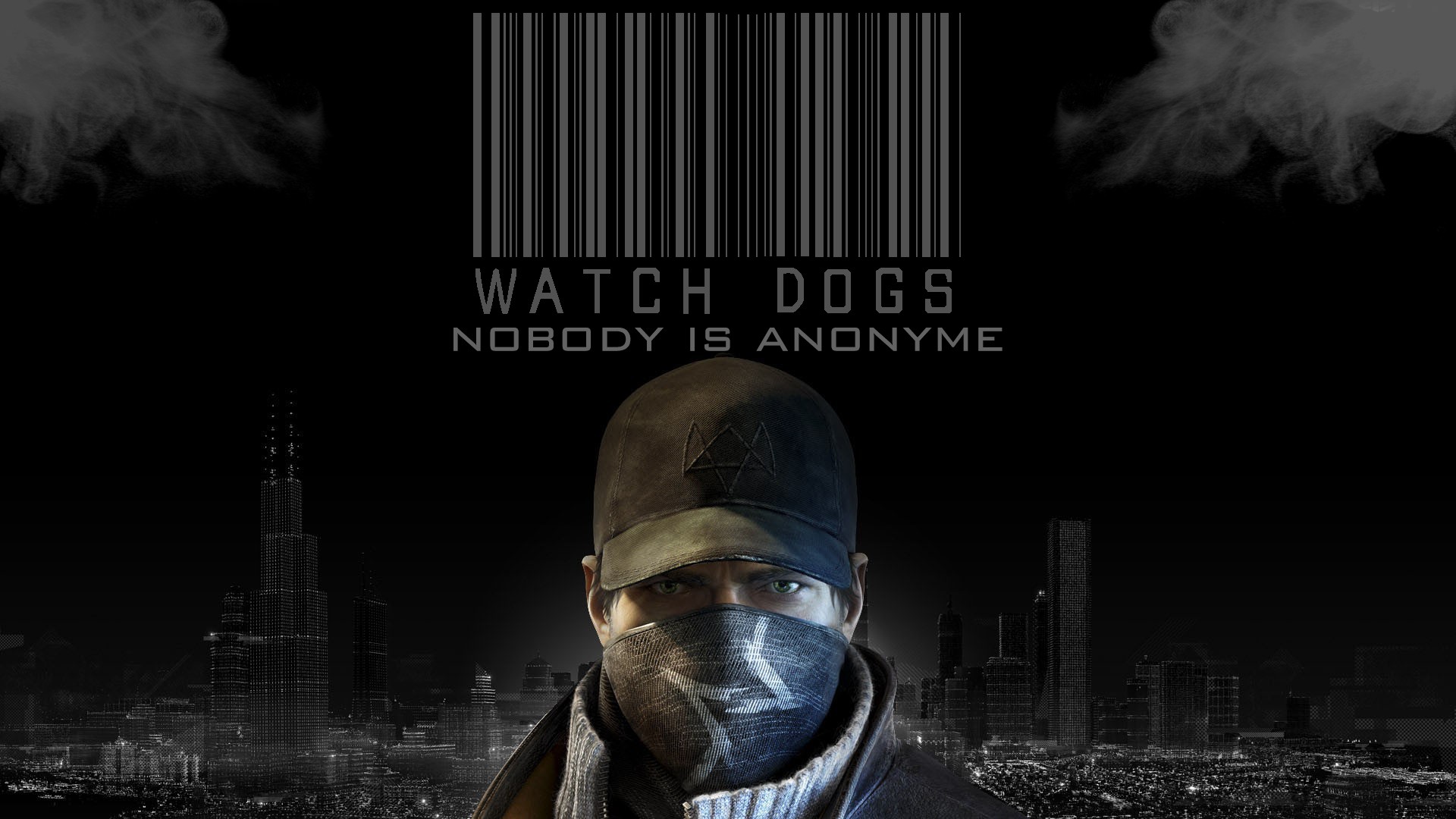 Watch Dogs Guide: How to Defeat the Mini Boss/Elite Robotic Policeman
Watch Dogs Guide: How to Defeat the Mini Boss/Elite Robotic Policeman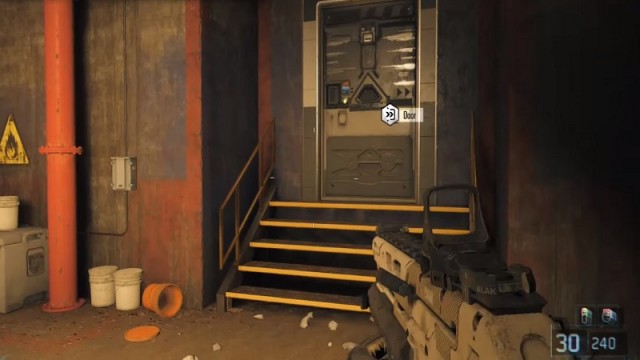 Collectibles Location - Call of Duty: Black Ops 3
Collectibles Location - Call of Duty: Black Ops 3